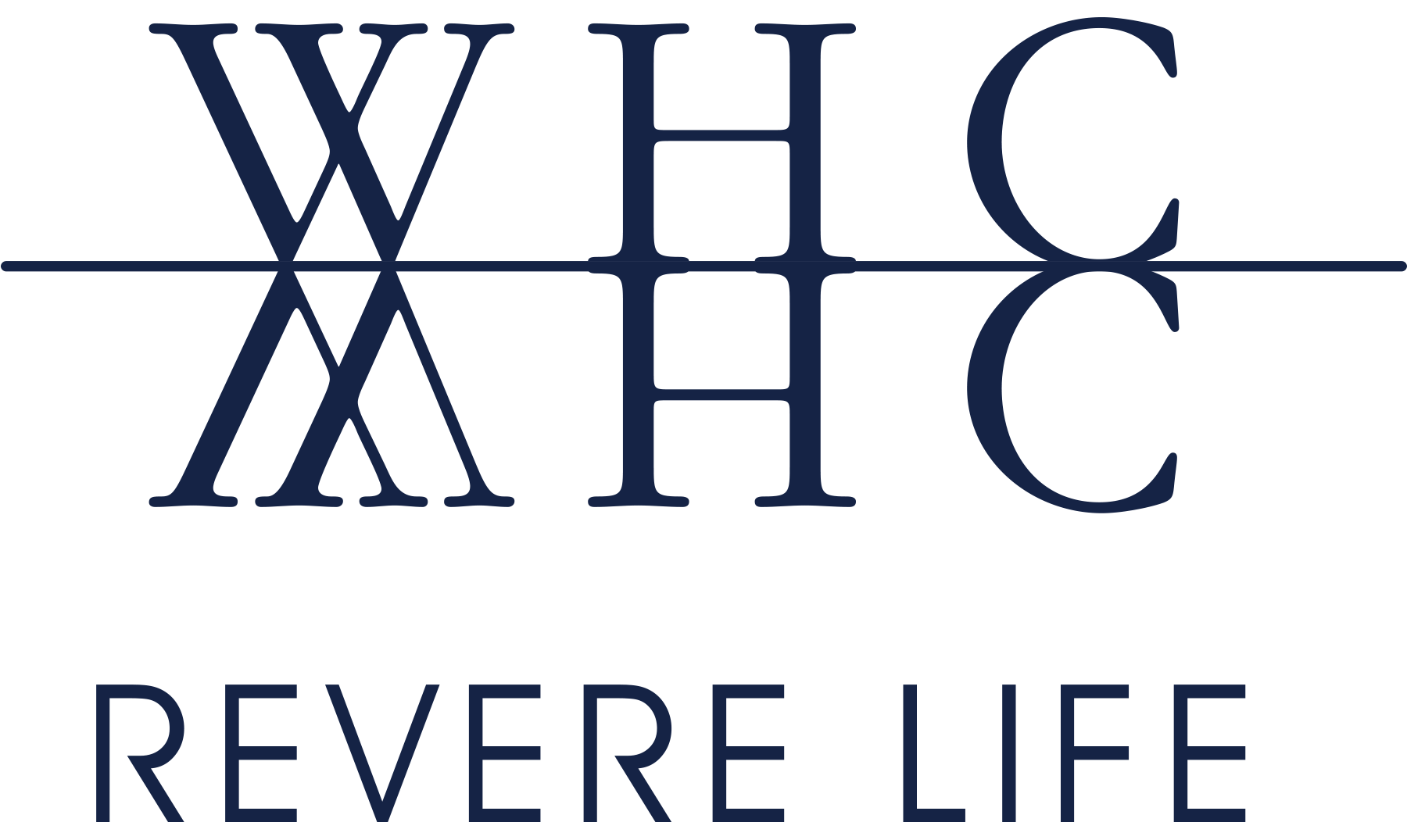
Overactivity is related to brain nerves. Five dietary rules for ADHD
Share

Reduce sugar intake
Parents should reduce the amount of sugar their children consume every day, and be careful with some processed carbohydrates, such as white bread or waffles, because the body digests such processed carbohydrates into glucose very quickly. It is recommended to eat protein-rich foods, such as lean beef, pork, poultry, fish, eggs, beans, nuts, soy and low-fat dairy products, which can be used by the brain to make neurotransmitters for mutual communication and prevent blood sugar spikes, thereby relieving hyperactivity.
Eat more Omega-3 fatty acids
Omega-3 is an essential fat that is important for normal brain function. It can improve hyperactivity, impulsive behavior and concentration. Studies have shown that children with hyperactivity have lower levels of omega-3 in their blood than those without hyperactivity. A Swedish study also showed that 25% of children who took omega-3 daily had significantly reduced symptoms after 3 months, and nearly 50% of children had better management of their symptoms after 6 months. Since the body cannot produce omega-3 fatty acids on its own, it must be obtained from food. In addition to eating more fish, parents can also supplement their children with fish oil to achieve a healthy level. A British multinational study found that taking 1200 mg of high-EPA fish oil daily for 12 weeks in 92 adolescents aged 6 to 18 with ADHD can effectively improve the attention and alertness of those with lower omega-3 concentrations.
Iron supplementation
The average iron level (measured as ferritin) in children with ADHD is 22, while the average iron level in children without ADHD is 44. Increasing the iron intake of children with hyperactivity improves their symptoms. However, parents should be aware that excessive iron intake is dangerous, so it is not recommended to give iron supplements without checking ferritin levels. If the iron level is less than 35, you can increase the intake of lean red meat, turkey and chicken, shellfish and beans in your daily diet to maintain ferritin levels.
Check zinc and magnesium in the body
Zinc and magnesium are two minerals that play an important role in controlling hyperactivity symptoms. Zinc helps regulate the neurotransmitter dopamine, so it can improve the brain's response to dopamine, while magnesium is also used to produce neurotransmitters involved in attention and concentration, which has a calming effect on the brain.
Herbs to Improve Sleep
In a European study on hyperactivity disorder and sleep problems, a combination of valerian and lemon balm extracts helped children with hyperactivity disorder by reducing anxiety. However, it is important to note that the quality of herbal products varies and there may be contaminants in them, so when purchasing, choose products that are certified and have international standard testing approval.
Nutritionists recommend that children can take WHC Elf, which is in rTG form and easier to absorb . It contains 90% high-purity EPA fish oil , and the EPA:DHA ratio is 3:2 recommended by experts ; it contains 10% GLA (gamma-linolenic acid) extracted from evening primrose oil to help children build their own immune system . It also adds 40mg of phosphatidylserine (Sharp PS) to help maintain the health of children's cell membranes and concentrate their attention, which is extremely helpful for children with ADHD.
Adults can also use WHC Little Angel , which also uses rTG form, which is easier to absorb , 97% high-purity EPA fish oil , 0 added pure formula , to help you stabilize fat levels , while regulating emotions and improving concentration.
If adults have emotional problems , nutritionists recommend taking WHC Little Angel , which is in rTG form and is easier to absorb . It contains 97% high-purity EPA fish oil , up to 595 mg, which helps maintain cell membrane health and concentrate attention.
References:
Chang JP, Su KP, Mondelli V, Pariante CM. Omega-3 polyunsaturated fatty acids in youths with attention deficit hyperactivity disorder: a systematic review and meta-analysis of clinical trials and biological studies. Neuropsychopharmacology. 2018;43:534–545. doi: 10.1038/npp.2017.160.
Burdge GC, Wootton SA. Conversion of alpha-linolenic acid to eicosapentaenoic, docosapentaenoic and docosahexaenoic acids in young women. Br. J. Nutr. 2002;88:411–420. doi: 10.1079/BJN2002689.
Bos DJ, Oranje B, Veerhoek ES, Van Diepen RM, Weusten JM, Demmelmair H, Koletzko B, de Sain-van der Velden MG, Eilander A, Hoeksma M, Durston S. Neuropsychopharmacology. 2015 Sep;40(10):2298-306. doi: 10.1038/npp.2015.73. Epub 2015 Mar 19.
